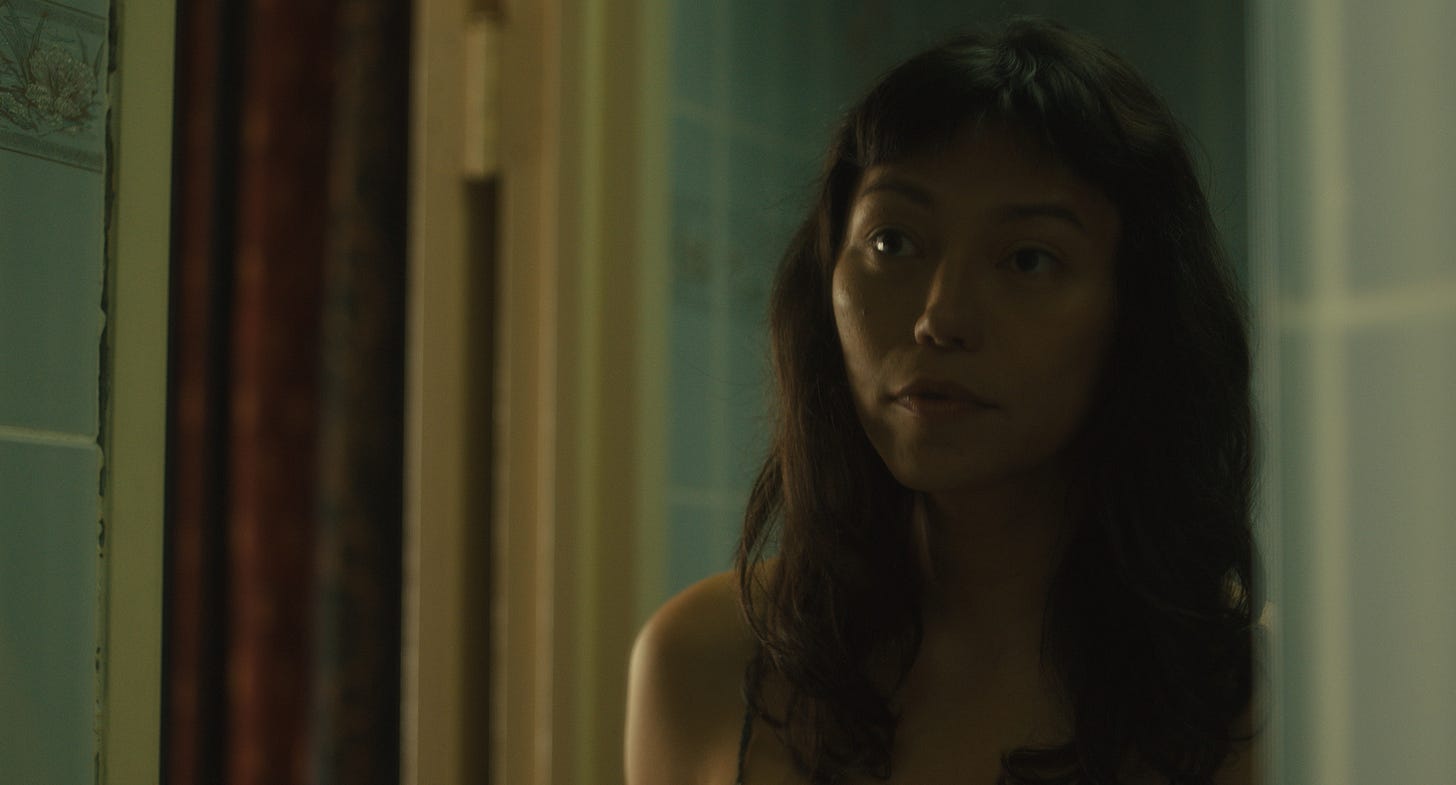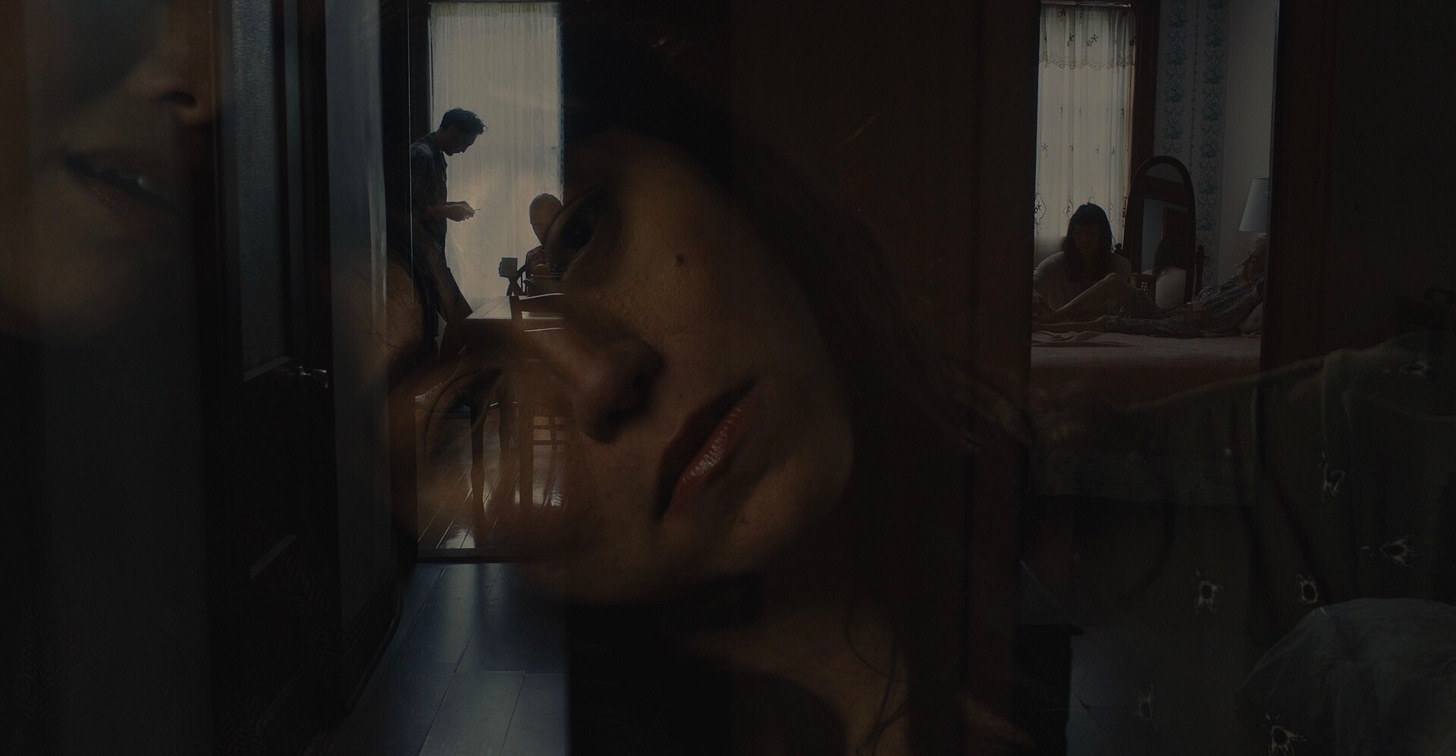I don’t come from a filmmaking family. I never had an uncle who could pull strings to get me a job. I didn’t “grow up on set”, nor did I even have older friends who went into filmmaking who I could learn from. I certainly went against the grain in pursuit of my own life as a filmmaker, and I do so happily.
In many ways, my pursuit has led me to romanticize the Godardian ideal of the filmmaker as a revolutionary, but then I see the news and realize that filmmakers have no choice but to be defiant politically, socially, and economically. Many fail to recognize the revolutionary capacity that auteurs often exercise. Filmmakers are in fact, shamed, detained, censored, sanctioned, exiled, and even executed by governments who deem the mere existence of their films to be a threat to the status quo.
Enter, Elisabeth Subrin’s newly César awarded short Maria Schneider, 1983, which premiered at the 54th edition of the Director’s Fortnight at the ‘22 Cannes Film Festival. The film stars Aïssa Maïga, Manal Issa, and Isabel Sandoval, all of whom take turns playing the French actress Maria Schneider (Bertolucci’s Last Tango in Paris, Antonioni’s The Passenger).
The actresses recreate an interview Schneider did in 1983 for the French TV show Cinéma Cinéma, using archival footage as the starting point in order to reframe how audiences watch, listen to, and understand the person Maria Schneider was. Subrin displays her avant-garde sensibilities by featuring two performers of color, a Senegalese-French woman and a Filipino-American trans woman (Maiga and Sandoval respectively) as points of reference against Issa’s straightforward biopic-esque portrayal of a cis, white French woman.
I had been familiar with Sandoval’s name and work before: everything from her Venice Film Festival breakout feature Lingua Franca to FX’s Under The Banner of Heaven. I was also familiar with the fact that Sandoval hails from the same town as my own parents, Cebu City, Philippines. I admire filmmakers from all over the world, but there’s an undeniable sense of kinship with those I share a heritage with.

I certainly made it a point to attend the premiere of the film because it felt like I was going to see a distant cousin or auntie. It was then I realized that she and I, in our own ways, made our marks at the Director’s Fortnight. Not only was it made clear that people like me are present at festivals and theaters, but that people like me do in fact thrive and are a natural fit in the storied cinematic institutions that did not necessarily have people like me in mind.
As a modern medium, it is in its own nature for cinema to exist as an iconoclastic entity: a perpetual flux of renewal and reinvention, meant to always challenge previously held beliefs and to present an opportunity for audiences to see the world around them in a new light through new characters, new faces, new forms of narrative entirely.
I can never be grateful enough to filmmakers like Isabel who make themselves present both behind and in front of the camera. Being a filmmaker isn’t tremendously far from being a revolutionary: It takes courage, an uncompromising vision, an unapologetic sense of self, and leadership through active example and practice. To Isabel, thank you, merci, salamat.
About the Author:
Emet is a second generation Filipino-American filmmaker based out of Southern California. A graduate of Loyola Marymount University’s School of Film & Television, Emet independently writes, directs, and produces in the short film, feature film, series, and commercial content spaces. Follow him on Instagram @emet_murillo






